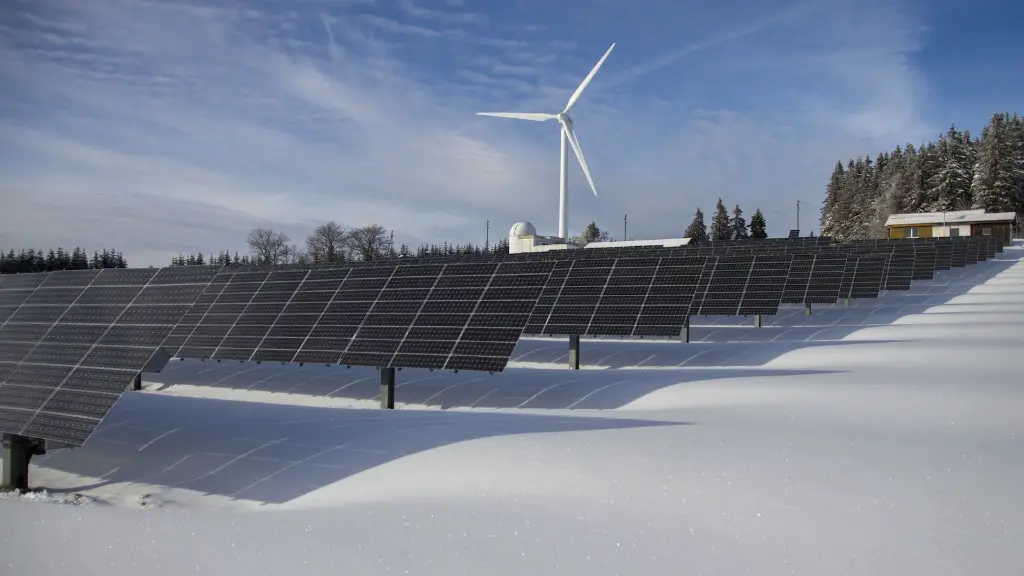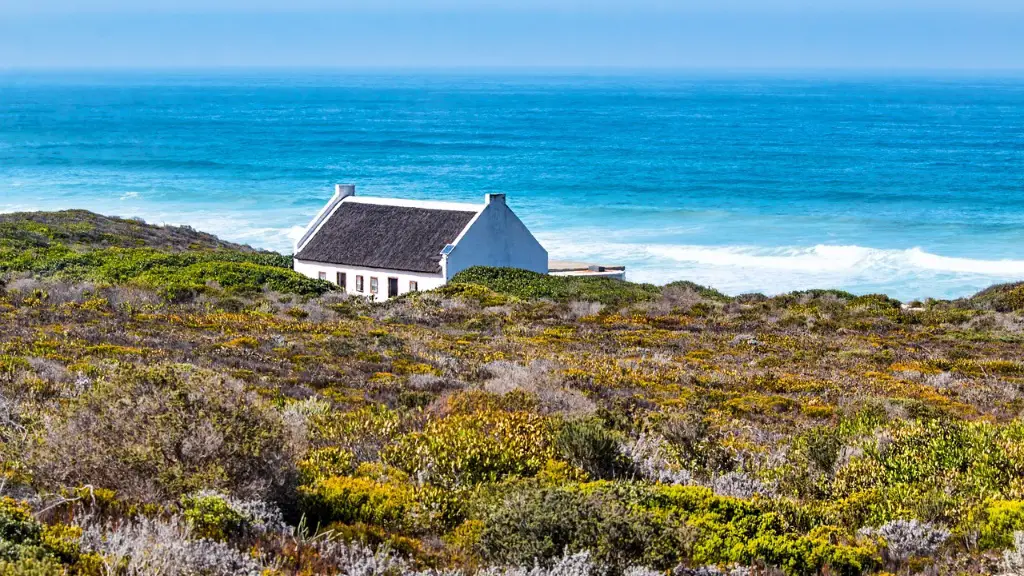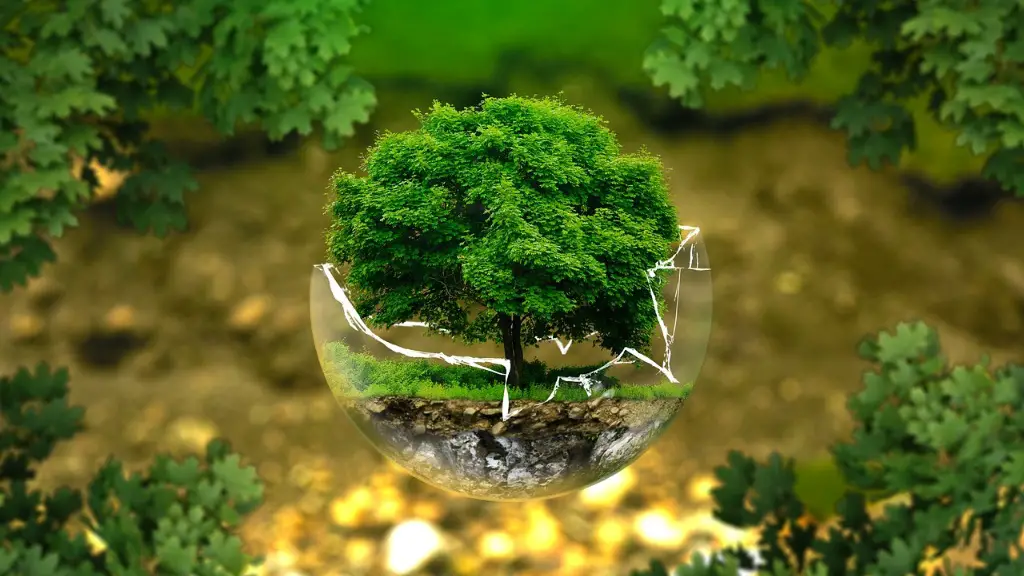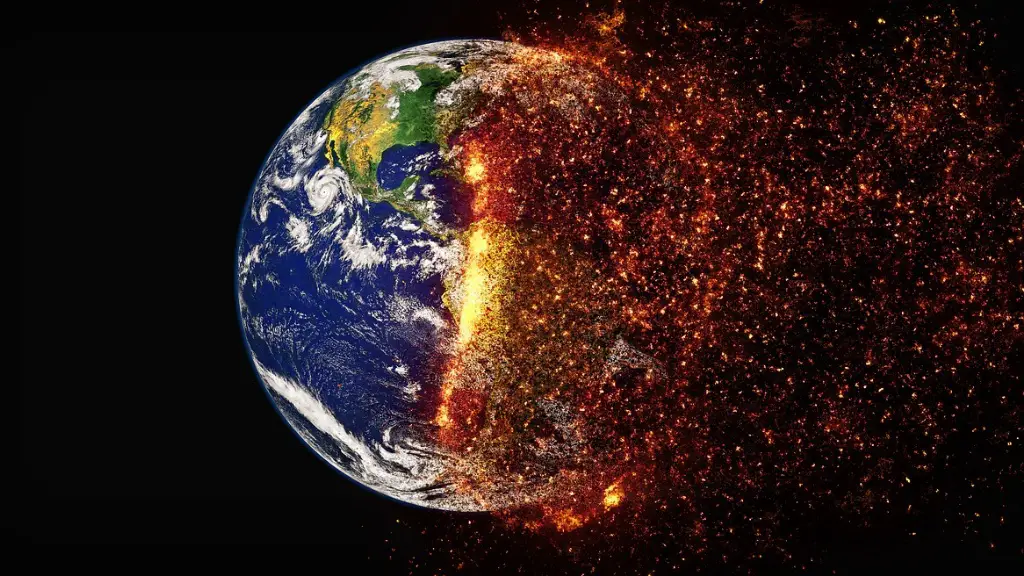The study of wildlife ecology covers many different topics, from the study of animal populations and habitats to the effects of humans on wildlife. A wildlife ecology degree can lead to a career in research, conservation, or management of natural resources.
There are many different career paths that someone with a degree in wildlife ecology can pursue. Some people work in research, studying the habits and populations of different wildlife species. Others may work in management, helping to control and preserve populations of specific species. Some people may work in environmental education, working to raise awareness about the importance of conserving wildlife and their habitats. Others may work in policy, working to develop legislation that will protect wildlife and their habitats.
What does a wildlife ecologist do?
A wildlife ecologist is someone who studies the relationship between animals and their environment, and works to protect both. In this career, you might travel to different natural habitats to research the conditions there and write reports on any risks to the animal and plant life. You might also work with biologists to learn more about how wildlife functions in a given biome. Ultimately, your goal is to help conserve the ecosystem as a whole.
A career in wildlife biology can be highly rewarding, but it is also challenging and competitive. The Bureau of Labor Statistics projects that this field will grow 5% over the next decade. Most full-fledged wildlife biologists need a master’s degree, but doctorates are common.
What can you use an ecology degree for
There are many different types of ecology careers out there, each with its own unique set of challenges and rewards. Here are a few of the best ecology careers from which to choose:
Field Ecologist: As a field ecologist, you’ll be responsible for studying and observing different ecosystems in their natural habitats. This can be a very rewarding career, as you’ll get to see firsthand the beauty and intricacies of nature.
Restoration Ecologist: As a restoration ecologist, you’ll work to restore damaged or degraded ecosystems. This can be a very gratifying career, as you’ll be helping to bring back lost biodiversity and improve the overall health of the environment.
Park Naturalist: As a park naturalist, you’ll be responsible for educating the public about the importance of preserving natural resources. This is a great career for those who enjoy working with people and sharing their knowledge of the natural world.
Marine Biologist: As a marine biologist, you’ll be responsible for studying the plants and animals that live in the world’s oceans. This is a fascinating field of study, and you’ll get to see some of the most amazing creatures on the planet.
Environmental Consultant: As an environmental consultant, you’ll advise
Ecologists play an important role in protecting and preserving our natural environment. They can work as teachers or research scientists for environmental organizations, or for the government. They may also work at museums, zoos and aquariums, where they can help to educate the public about the importance of conservation.
What is the highest paying wildlife job?
A veterinarian is a medical professional who specializes in the diagnosis and treatment of diseases and injuries in animals. They may work with both small and large animals, domestic or exotic.
Veterinarians typically earn a very good salary, making it one of the highest-paying animal careers. There are many different types of veterinary jobs available, so there is likely to be something to suit everyone’s interests and skills.
If you are interested in working with animals and helping to keep them healthy and happy, then a career as a veterinarian may be the perfect choice for you!
The salaries of Ecologists in the US range from $15,186 to $405,578 , with a median salary of $73,169 The middle 57% of Ecologists makes between $73,169 and $182,930, with the top 86% making $405,578.
Do wildlife biologists make a lot of money?
The average bonus for a Wildlife Biologist is $740, which is 1% of their salary. 100% of Wildlife Biologists surveyed said they received a bonus each year. Wildlife Biologists in San Francisco, CA make the most money, with an average salary of $105,504. This is 49% greater than the average Wildlife Biologist salary in the United States.
The roles and abilities of zoologists and wildlife biologists often overlap, but there are some key differences. Zoologists typically focus on conducting scientific investigations and basic research on a particular type of animal, such as birds or amphibians. Wildlife biologists, on the other hand, are more likely to study specific ecosystems or animal populations. This can make wildlife biologists more attuned to the effects of human activity on animal populations and the environment as a whole.
What degree is best for working with animals
There are a variety of degrees that can be helpful for those interested in working with animals. Dairy science, environmental science, exotic animal training and management, farm management, marine biology, veterinary science, and wildlife zoology are all common degrees for those looking to enter this field. Each of these areas of study offers its own unique set of skills and knowledge that can be applied to working with animals.
Industrial ecology is the study of the relationships between industrial systems and their natural environments. It is a relatively new field that is growing in popularity, as the demand for sustainable and environmentally friendly practices increases.
As the demand for industrial ecologists grows, so does the demand for their skills. Industrial ecologists are expected to see a 13,390 job growth by 2029, an annual increase of 176 percent over the next few years. This growth is being driven by the increasing importance of sustainability and environmental responsibility, as well as the need for more efficient and effective industrial practices.
If you’re interested in a career in industrial ecology, now is the time to get started. There are many opportunities for growth in this field, and with the right skills and credentials, you can position yourself for a successful career in this exciting and important field.
Where can I work with ecology degree?
As an ecologist, you could work in a range of organisations like local authorities, conservation organisations, government or scientific bodies. With experience, you could become a senior ecologist, leading a team of researchers, developing biodiversity plans or acting as a consultant on sustainable development projects.
Ecologists play a vital role in the conservation of our planet’s natural resources and ecosystems. By working for organisations dedicated to preserving the environment, they help to ensure that future generations will be able to enjoy the benefits of a healthy planet.
Where do ecologists get paid the most
According to recent data, ecologists make the most money in Alaska, Oregon, Maryland, California, and Washington. This is likely due to the high demand for their skills in these states, as well as the relatively high cost of living in these areas. Ecologists with advanced degrees and/or extensive experience can expect to earn the highest salaries in these states.
There are few jobs that can match the beauty, excitement and adventure of being an ecologist. From the remote mountains and valleys to the dense forests and rivers, ecologists get to see some of the most stunning places on earth. And, if you like working outdoors and getting your hands dirty, it is certainly a fun job!
Is being an ecologist stressful?
Even though ecology is a demanding and challenging field, many ecologists report that they love their job. The rewards of working with nature and animals make the long hours and low pay worthwhile. With a better understanding of the natural world, ecologists can help make a difference in the health of the environment.
There are a number of biology-related jobs that pay quite well. Health communications specialists help to develop and disseminate information about health and wellness, and can earn a comfortable salary doing so. Microbiologists study microorganisms and can also earn a fairly good salary. Pharmaceutical sales representatives sell drugs and medical supplies and can earn a good income. Respiratory therapists help people with breathing problems, and environmental scientists help to protect and preserve the environment. Registered nurses provide care for patients, while physical therapist assistants help people with physical rehabilitation. Genetic counselors help people understand and cope with genetic disorders.
What state has the most wildlife jobs
Although Alaska has the highest employment rate for zoologists and wildlife biologists, and a high location quotient, the average hourly wage is only $39,644. The top paying state for this occupation is District of Columbia, where the mean wage is $66,610.
A wildlife biologist is someone who studies animals and their habitats. They may also conduct research in order to help conserve these animals.
The average salary for an entry level wildlife biologist is $36,500. However, salaries can range from the 25th percentile of $26,500 to the 75th percentile of $52,500.
Warp Up
A wildlife ecology degree gives someone the ability to work with wildlife in their natural habitat. They study the impact of humans on ecosystems and work to create sustainable management practices.
A wildlife ecology degree can lead to a career as a wildlife biologist, working to protect and study animal populations. With a degree in wildlife ecology, you can also work in conservation and management, developing plans to protect threatened and endangered species. You could also use your degree to teach others about the importance of conserving wildlife and habitats.





